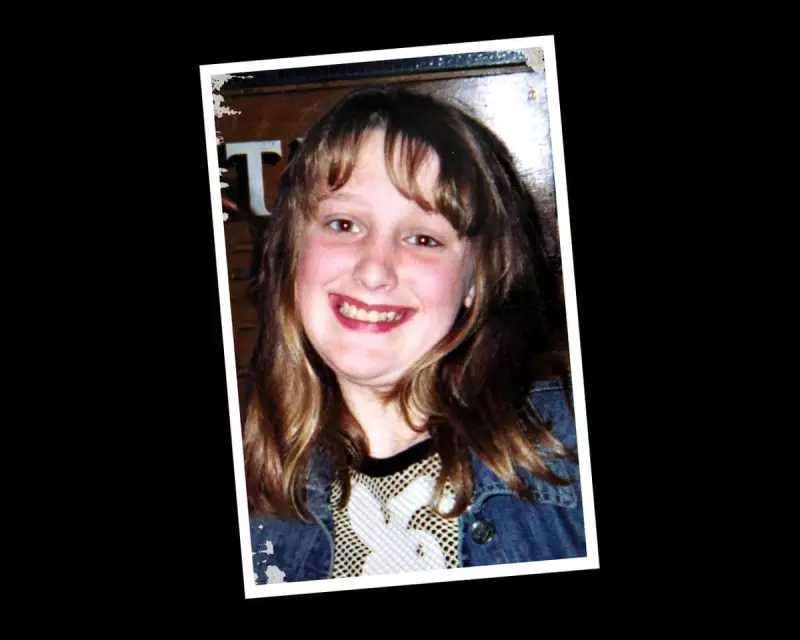
Two decades have passed since 14-year-old Charlene Downes vanished from the streets of Blackpool, yet her disappearance continues to haunt the British consciousness. What began as a local missing person's case has transformed into something far more complex - a story repeatedly twisted, sensationalised, and weaponised.
A Life Reduced to Sensational Headlines
Charlene wasn't just a missing child; she became a pawn in larger narratives. The investigation into her 2003 disappearance became one of Lancashire Police's most extensive operations, yet the media coverage often focused on salacious details rather than the vulnerable child at its heart.
The case took dark turns as conspiracy theories multiplied, with wild speculation often overshadowing factual investigation. Charlene's identity became blurred - she was simultaneously portrayed as a victim and subjected to character assassination through relentless media scrutiny.
The Human Cost of Sensationalism
Behind the headlines lies a tragic reality: a young girl from a struggling family who spent much of her time around Blackpool's promenade. Her vulnerability was evident, yet this aspect of her story was frequently overlooked in favour of more shocking narratives.
Her family endured not only the agony of not knowing what happened to their daughter but also the additional trauma of seeing her memory distorted in the public eye. "She was reduced to this salacious, shocking story," observers note, describing how the human tragedy became secondary to the sensational elements.
Media Responsibility Under Scrutiny
The handling of Charlene's case raises profound questions about how missing persons cases are reported. The intersection of class, media ethics, and public fascination created a perfect storm where facts became secondary to compelling storytelling.
Two decades later, the essential truth remains unchanged: a child disappeared, and her family still seeks answers. The layers of conspiracy theories and media exploitation have only made finding those answers more difficult, serving as a cautionary tale about how society processes tragedy.
As Blackpool continues to grapple with this unsolved case, the story of Charlene Downes stands as a sobering reminder of what happens when real human suffering becomes public property.





